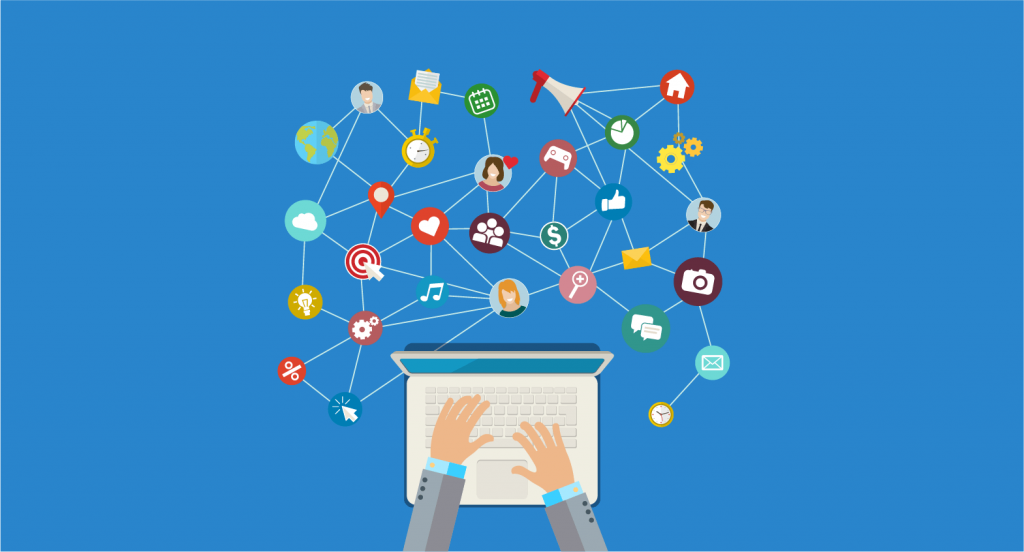The modern business has access to greater volumes of actionable data than ever before. In order to survive, this data needs to be collected and acted upon – but doing so isn’t always easy, especially when you’re pursuing customers through different channels.
Attribution: What Is It?
Put simply, attribution is the fundamental goal of call tracking: the art of linking calls made to the channels that drive them. Once this step is taken, the data can be used to spot complex patterns of behaviour, and manipulate the marketing strategy in order to better drive those behaviours.
The simplest example of how this might be done is an A/B test. Two similar landing pages are generated, half of which go to one set of customers, half of which go to another. The landing page which leads to the greatest number of conversions is declared the winner, and the company’s approach to marketing is thereby further refined.
How Can We Tell Which Keywords Are Driving Phone Sales?
You might suppose that phone calls exist outside of the internet browser, and that it’s impossible to connect a sale made on one with a lead generated on the other. But this isn’t quite the case. Modern call tracking software allows for the two worlds to be brought together. The result? Detailed data on exactly which keywords and channels brought the customer to the final decision to pick up the phone.
The way that this works is surprisingly simple and elegant. For every lead, a new phone number is generated. To the customer, the number is presented as generic, but it’s actually tailored to their unique browsing behaviour.
Why Bother With Phone Sales At All?
Not so long ago, there was a widespread contention that phone calls would be gradually rendered obsolete by the speed and convenience of the internet. But the fact is that a call-centre phone call has proven far more effective than even the fanciest onscreen graphics. A skilled call-centre worker can be provided with actionable data about the person they’re calling, so that the call feels more relevant, and thus less like an intrusion and more like a courtesy.
What Does The Future Hold?
Where is all of this leading? The widespread adoption of smart-speaker-enabled homes should provide a clue: customers are increasingly willing to ask questions without bothering with a screen at all. With so much audio being constantly flung at machine-learning algorithms, it seems inevitable that call-tracking technology of the future will rely on a set of computer programs combing through thousands of disparate conversations at one automatically, and identifying not only which have lead to successful outcomes, but which customers are more persuadable based on non-quantifiable things like speech patterns.



